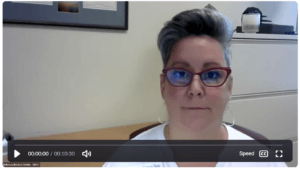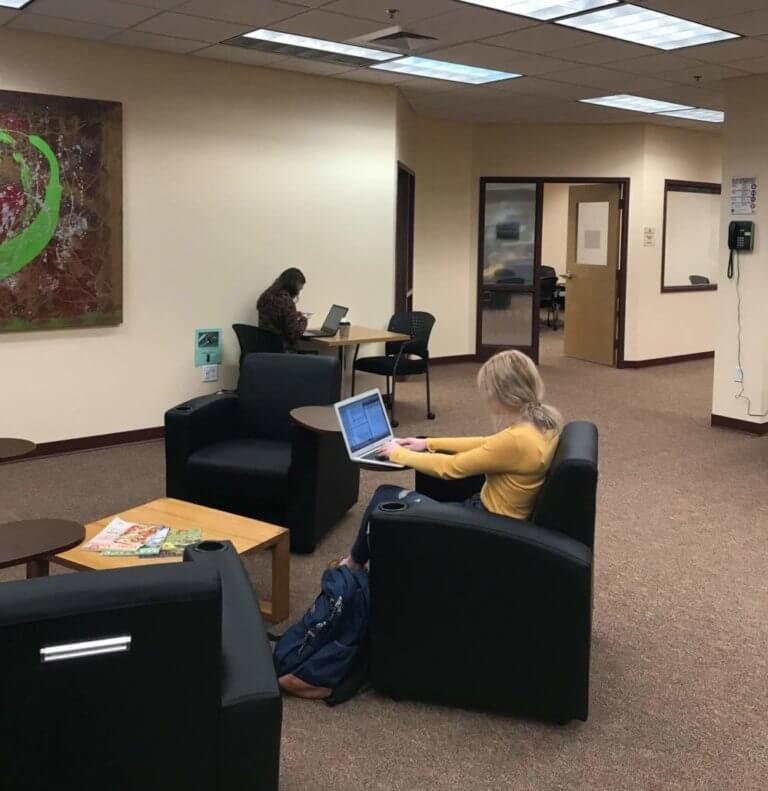Explore information sources and learn the distinctions between popular and scholarly, current and historical and primary sources and secondary sources. Evaluate reliability, validity, accuracy and authority of a source. Make a research plan and timeline for your paper.
Develop a thesis, construct and outline, integrate research and evidence. Understand topic and supporting sentences. Learn how to use in-text citations.
Construct search strategies, create system for organizing information. Understand interlibrary loan and other options. Understand elements of a citation.
Make your writing your own. Learn how to avoid plagiarism. Learn the differences between paraphrasing, summarizing and direct quotations and learn when and how to use each.
Learn what makes a research paper successful. Revise your paper with help from writing facilitators and peers.
Learn about cloud storage, file management and submitting assignments via Blackboard. See ways to manipulate digital text, images and data. Hear about the Online Writing Lab and research appointments with librarians.
Learn about intellectual property, copyright and fair use. Understand institutional policies towards plagiarism. Identify types of sources and bibliography elements. Select an appropriate documentation (citation) style.
Below you will find resources relating to intellectual property, copyright, fair use, and plagiarism.



